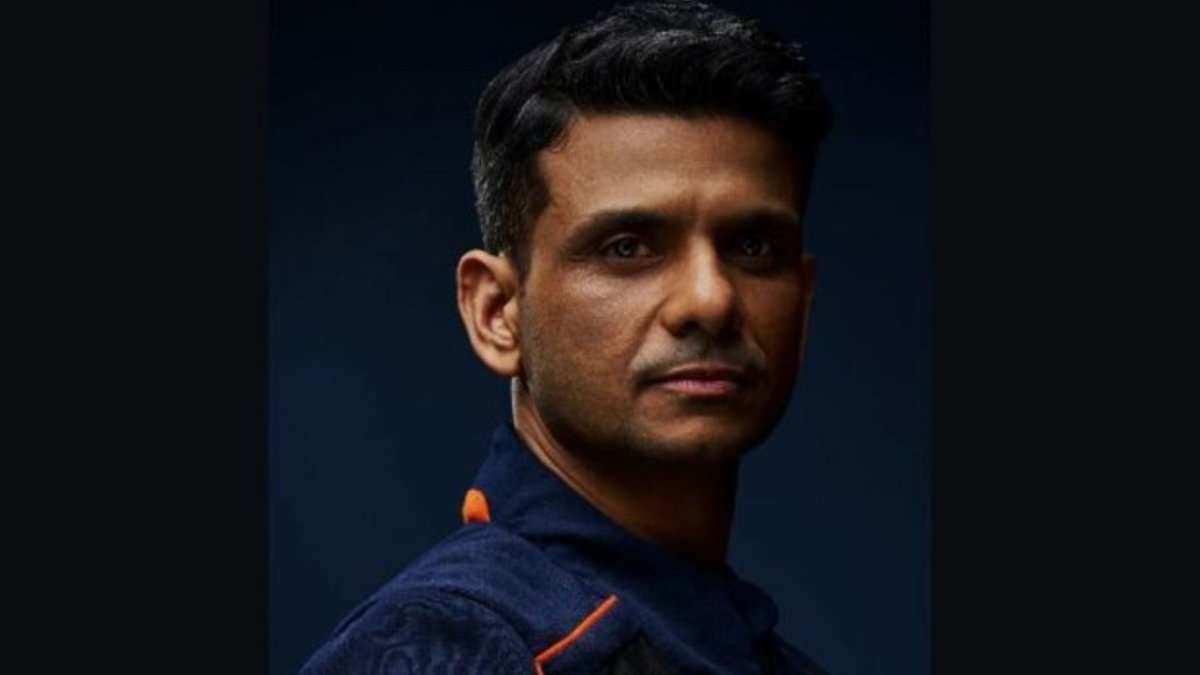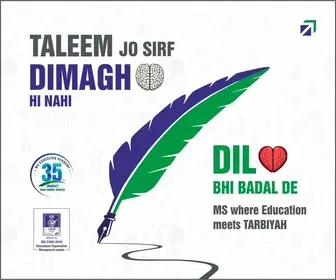
New Delhi: Indian astronaut Shubhanshu Shukla’s historic flight to the International Space Station (ISS) has yet again been delayed due to poor weather, the Indian Space Research Organisation (ISRO) said on Monday.
The US-based Axiom Space is now scheduled carry Shukla along with three others, to the ISS from the Kennedy Space Centre in Florida aboard a SpaceX Falcon 9 rocket on June 11 at 8 a.m. ET (5.30 p.m. IST).
The mission was initially scheduled for launch on May 29, but was later deferred to June 8 and then June 10.
“Due to weather conditions, the launch of Axiom-4 mission for sending Indian Gaganyatri to International Space Station is postponed from 10th June 2025 to 11th June 2025,” Dr. V. Narayanan, Chairman ISRO, shared in a post on social media platform X.
“Now targeting no earlier than Wednesday, June 11 for Falcon 9 to launch at Axiom Space’s Ax-4 mission to the Space Station due to high winds in the ascent corridor,” added SpaceX, the launch partner for the mission.
SpaceX has also arranged for a backup opportunity on June 12 at 7.37 a.m. ET.
With the success of the flight, Shukla will become the first Indian on ISS. He will also be the second to go to space, after Rakesh Sharma flew to space station Salyut 7 in 1984.
Earlier today, his family said they are filled with “immense pride”.
“We are definitely feeling proud; our son has done something that brings pride in itself…”, Shukla’s mother told IANS from Lucknow.
Shukla will pilot the mission along with Commander Peggy Whitson, from the US. Other crew members include mission specialists Slawosz Uznanski-Wisniewski (Poland), and Tibor Kapu (Hungary).
Once aboard the ISS, IAF Group Captain Shukla is expected to conduct exclusive food and nutrition-related experiments.
The experiments — developed under a collaboration between the Indian Space Research Organization (ISRO) and the Department of Biotechnology (DBT), with support from NASA — aim to pioneer space nutrition and self-sustaining life support systems vital for future long-duration space travel.
The experiment will examine the impact of microgravity and space radiation on edible microalgae — a high-potential, nutrient-rich food source.
The study will focus on key growth parameters and the changes in transcriptomes, proteomes, and metabolomes of various algal species in space compared to Earth conditions.



